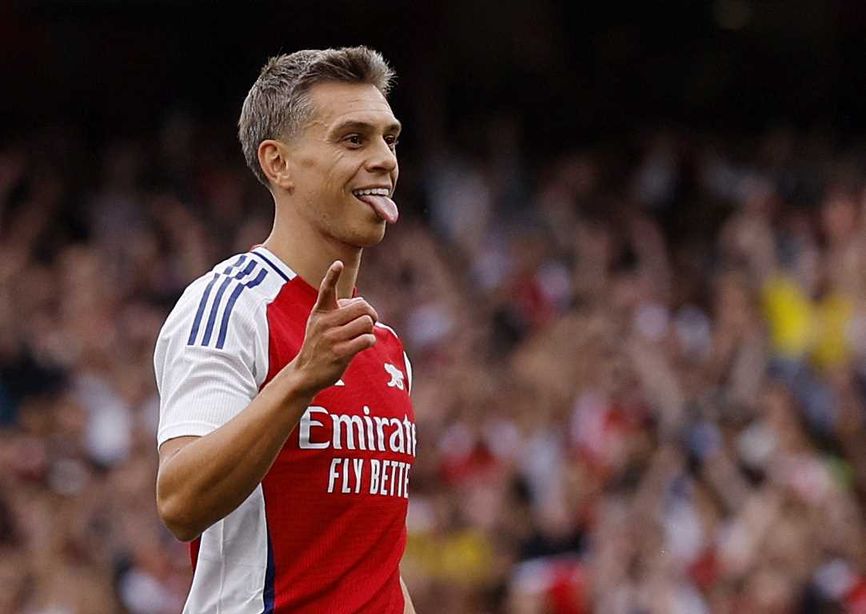The financial rewards associated with professional sports have long been a subject of interest and analysis. Athletes competing at the highest levels often secure substantial compensation, reflecting both their talent and the economic power of the sport they represent. This phenomenon extends beyond just game performance, as various factors contribute to the overall income structure of a player.
From sponsorship deals to bonuses for exceptional achievements, the total financial package for athletes can vary significantly. The monetary aspect of professional sports careers is shaped by a complex network of contracts, marketability, and team contributions, leading to unique financial experiences for each individual.
Understanding the various elements that shape an athlete’s income provides valuable insight into how these professionals manage both the demands of their sport and the rewards that come with it. The scale of financial success can be influenced by external factors such as endorsements and media presence, as well as by performance on the field.
Career Income Overview

Throughout his professional journey, this athlete has secured financial stability through numerous contracts and bonuses from various clubs. His consistent performance on the field has allowed him to achieve a significant accumulation of wealth, reflecting his value to the teams he has represented.
The financial trajectory of his career is shaped not only by his regular payments from club deals but also by sponsorships, endorsements, and personal achievements. These elements combined contribute to his growing income, making him a well-compensated player in the sports industry.
His career path illustrates a steady progression, with each transfer deal and contract renewal enhancing his overall financial status, showcasing the rewards of dedication and excellence in the sport.
How His Salary Stands Among Premier League Stars
The financial rewards within top-level English clubs are known to be among the highest in the world. Players competing in this elite league often secure impressive deals, with vast differences in remuneration across the board. This section explores how his financial compensation compares to some of the most well-known figures in the Premier League.
- Top Earners: The highest-paid players often include those with long-standing reputations and significant contributions to their teams, with wages reaching astronomical figures.
- Mid-Level Compensation: There exists a substantial middle ground where players receive considerable sums, although their names might not be as frequently in the spotlight.
- Rising Talents: Younger or emerging athletes tend to have salaries that, while respectable, reflect their evolving career stages.
His place in this spectrum can be examined by comparing key factors such as experience, performance, and team value, giving insight into how clubs prioritize their financial investments in talent.
Endorsements and Sponsorships Adding to Trossard’s Wealth
In addition to his primary sources of income, the athlete has significantly increased his financial portfolio through various promotional activities and brand partnerships. These agreements with renowned companies and organizations not only boost his overall earnings but also enhance his public profile and market value.
Through strategic endorsements and lucrative sponsorship deals, he has successfully leveraged his prominence in sports to attract major brands. Such collaborations often involve endorsing products, participating in advertising campaigns, and engaging in promotional events, all of which contribute substantially to his financial gains.
These ventures, while complementary to his sports career, play a crucial role in amplifying his economic success. By aligning with leading brands, he taps into additional revenue streams, further solidifying his financial stability and expanding his influence beyond the sports arena.
Bonuses and Incentives in Professional Athlete Contracts
Professional sports contracts often include a range of performance-based bonuses and incentives. These rewards are designed to motivate athletes, encouraging them to reach specific milestones or contribute to the team’s success. Such clauses have become standard in modern agreements, significantly enhancing the financial potential for high-performing players.
- Performance-related bonuses, such as goals scored or assists provided
- Team achievements, including winning championships or securing key victories
- Appearances bonuses, rewarding consistent participation in matches
- Loyalty incentives for players who remain with the club for a specified period
- Individual awards, such as player of the month or season accolades
These incentives offer a significant boost to the athlete’s overall income, rewarding not only personal effort but also contributions to the collective success of the team
Impact of Transfers on Income

In the world of sports, transfers can significantly alter an athlete’s financial situation. This section explores how moving between teams affects the overall compensation of players. The dynamics of these transactions often lead to substantial changes in income due to various factors such as signing bonuses, wage adjustments, and performance incentives.
| Factor | Description |
|---|---|
| Transfer Fee | The amount paid by the new team to acquire the player from the previous club, which can impact future earnings. |
| Signing Bonus | A one-time payment made to the player upon joining a new team, often reflecting the player’s market value. |
| Contract Salary | The annual salary agreed upon in the new contract, which can vary based on the player’s previous performance and negotiation outcomes. |
| Performance Bonuses | Additional earnings based on individual or team achievements, which may be included in the new contract terms. |
Financial Development Over a Professional Career
Throughout a professional sports career, financial success often mirrors growth on the field. The evolution from early days in local clubs to securing lucrative contracts with major teams can demonstrate an athlete’s value both in terms of skill and marketability.
- Early Stages: Initial contracts tend to be modest, reflecting the athlete’s developing reputation and skill level.
- Transition to Larger Clubs: As performance improves, opportunities with more prominent teams often result in significantly higher financial rewards.
- International Success: Participation in global tournaments and leagues can propel income to new heights, with bonuses and endorsements contributing to overall earnings.
- Endorsements and Sponsorships: With increased visibility comes the potential for commercial deals that extend beyond salary, further boosting financial growth.
- Long-term Wealth Management: As the career matures, strategic financial planning becomes crucial for






